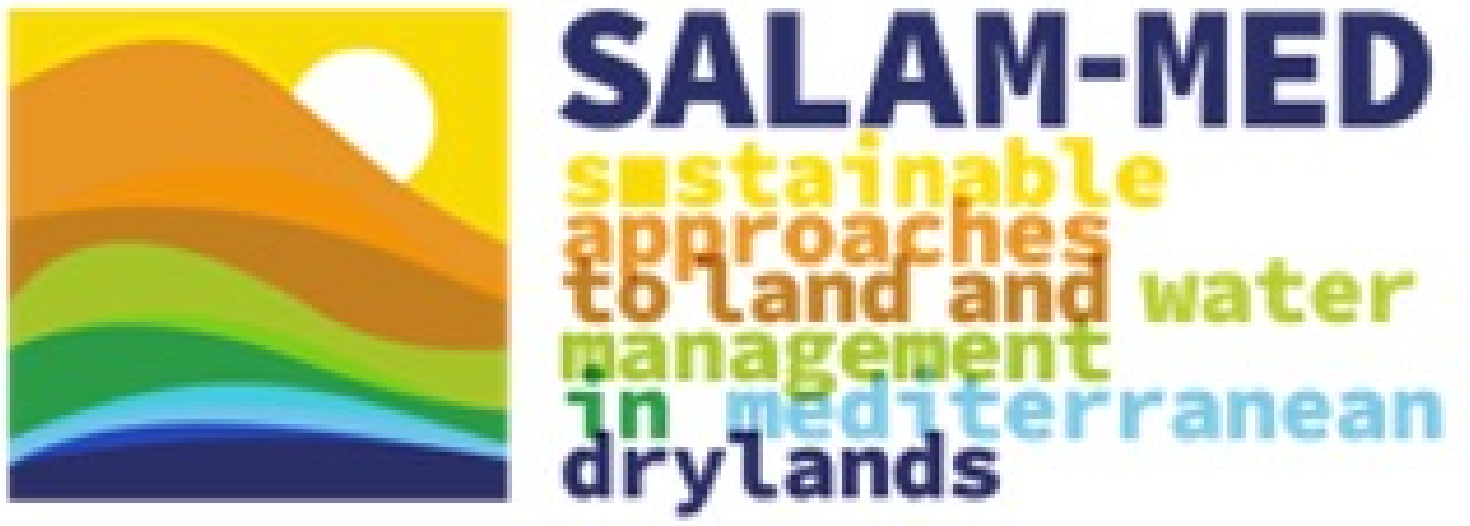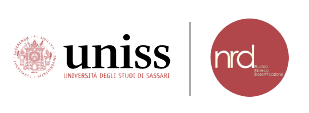Technology
DSS for forage crop improvement
About the technology
The solution
The app will provide farmers and land managers with a range of optimized, site-specific options based on local variables such as soil characteristics, climate data, and land management practices. The goal is to facilitate informed decision-making by leveraging scientific research, expert knowledge, and up-to-date local data, enhancing agricultural sustainability and productivity in Mediterranean regions. By integrating modern technology with traditional agricultural knowledge, Salam Med aims to improve the management of natural resources and contribute to the resilience of farming systems.
Objectives of the project
The primary goal is to create an intuitive digital tool that will help farmers and professionals design customized solutions to improve the pastoral value of grasslands within Mediterranean silvopastoral systems. The tool will take into account various environmental and agronomic variables such as soil properties, climate, and pasture management, providing recommendations on the best species, varieties, and agronomic practices for each case. This personalized approach will allow farmers to optimize forage quality and pasture productivity, with benefits for both the environment and the economy. By using this technology, the project aims to promote sustainable and resilient farming practices that can address the ecological and economic challenges of Mediterranean regions.
Ecological context
The technology developed by Salam Med can be applied in various Mediterranean ecological contexts, provided that reliable and region-specific databases are available. These databases will contain detailed information on soil, climate, and available agronomic options, enabling the tool to provide appropriate recommendations for each local situation. Although the tool was primarily designed for Mediterranean silvopastoral systems, it can be adapted for other similar agroecological areas if adequate data is available. The ability to integrate local and contextual data makes the tool versatile, offering tailored solutions that enhance pasture management and forage production efficiency, while promoting sustainable and environmentally-friendly agriculture.
Main constraints
One of the main constraints is the need for continuous updates to the database to ensure that the information remains accurate and relevant. This includes the regular inclusion of new forage species varieties available on the local market, as well as monitoring changes in climate and soil conditions. Additionally, regular software updates will be necessary to ensure compatibility with the most commonly used operating systems (iOS, Android), providing an optimal user experience across devices. Another critical aspect is the need for rigorous testing and validation to prevent potential misuse of the tool, ensuring that the recommendations provided are truly suited to the specific conditions of each field. Proper user training will be essential for the effective application of the tool in real-world situations.
Main business opportunities
The Salam Med project presents several business opportunities for both app developers and users. Developers could monetize the app through sales or secure funding from sponsors such as agricultural organizations, seed companies, and research institutions. These funds could support the continued development and updating of the app, ensuring its value over time. For users, business opportunities lie in the potential for increased productivity and reduced production costs compared to traditional practices. By adopting the tool, farmers can optimize resource use, reducing costs related to fertilizers, water, and other inputs while improving forage quality. This can result in more efficient and profitable land management, with long-term economic and sustainability benefits for Mediterranean farming systems.
Socio-economic context
The proposed technology is based on a logical framework to support farmers’ decisions in choosing suitable forage crops and agronomic practices. In the Sardinian Salam Med LL, we are testing perennial legumes in a silvopastoral context. The area is a mosaic of activities including pastoral farms, corkoak forests, vineyards and cereals, providing provisioning (e.g. meat, milk and cork) regulating (e.g. soil c sequestration, pollination ) and cultural (e.g. cultural landscapes) ecosystem services.
Information to maximize the adoption
The decision support tool is being designed as a user-friendly tool for farmers and practitioners. The requirements in terms of technical competences of tool developers and designers are high.
Background information includes a set of ecological indicators about soil, climate, land use and management and a logical framework to identify the most suitable species and related agronomic techniques for a given ecological context. These are the prerequisites for setting up a decision support (eg digital) tool to guide farmers in identifying field scale tailored solutions. Salam MED is exploring innovative agronomic solutions to improve the adaptability of perennial legumes to critical soil conditions (eg acid soils).
Background information includes a set of ecological indicators about soil, climate, land use and management and a logical framework to identify the most suitable species and related agronomic techniques for a given ecological context. These are the prerequisites for setting up a decision support (eg digital) tool to guide farmers in identifying field scale tailored solutions. Salam MED is exploring innovative agronomic solutions to improve the adaptability of perennial legumes to critical soil conditions (eg acid soils).
Indexes
Workers needed
Need for skilled workers
Need for skilled workers
Ease of use
Speed of learning the solution
Speed of learning the solution
Adaptability
Ease of adoption
Ease of adoption
Effectiveness
Ability to address the problem
Ability to address the problem
Reliability
Degrees of robustness of the solution
Degrees of robustness of the solution
Cost
Level of investment required
Level of investment required
Greenhouse emissions
Impact on climate change
Impact on climate change
Water availability
Impact on water availability
Impact on water availability
Water quality
Impact on water quality
Impact on water quality
Technology Feedbacks
Have you had the opportunity to try this technology?
Leave your feedback and we will publish it.
Technical data sheets and documentation – DSS for forage crop improvement
Living Labs for testing and implementing this technology
Living Labs as a crossroads for the development of sustainable and resilient technologies for environmental, economic and social progress.
Italy
Tech Responsible contacts
Pier Paolo Roggero
pproggero@uniss.it
Do you want to learn more about the suitability of our technologies?
Use our solution finder to check the usability of this technology in your area or agricultural business.
Leave your Feedback

![[Forage Crops] App](https://platform.salam-med.org/wp-content/uploads/2025/01/Forage-Crops-App.png)
![[Forage Crops] Schema](https://platform.salam-med.org/wp-content/uploads/2025/01/Forage-Crops-Schema.png)
